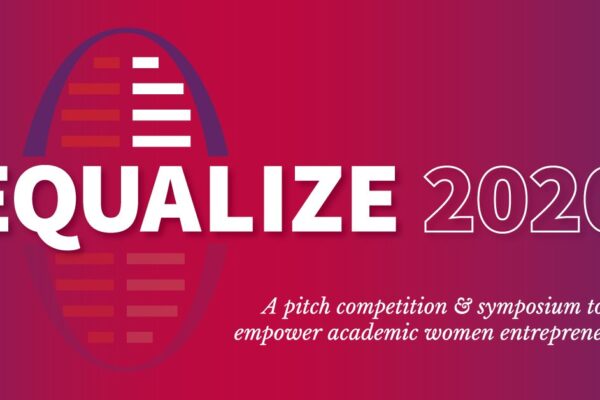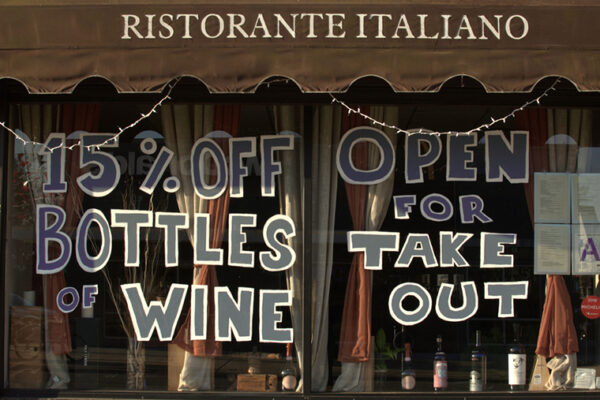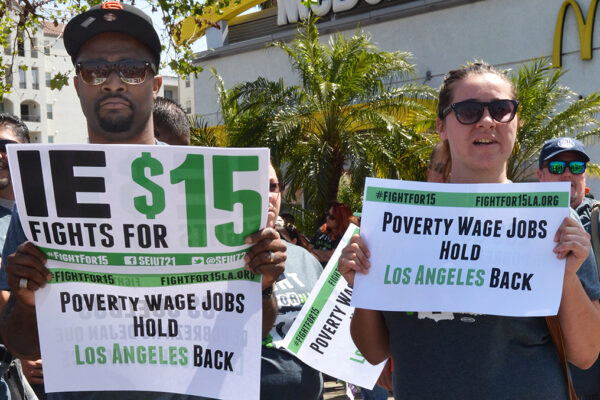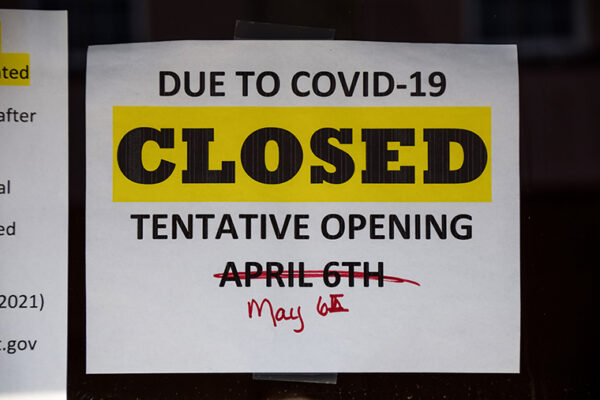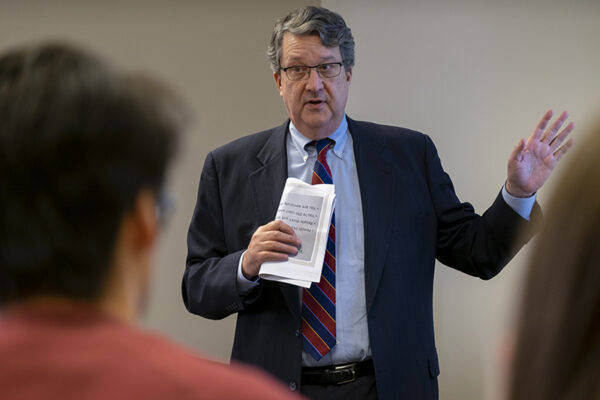Modeling study: COVID-19 stay-at-home policies to be relaxed before pandemic peaks
Relaxing stay-at-home social and business policies will be accompanied by increases in the infection rate, and the race for a vaccine will lose its value to big Pharma almost with each passing day. Those are the main findings by two economists from Washington University in St. Louis and another from the Federal Reserve Bank in St. Louis, who investigated the properties of the optimal lockdown policy.
Registration open for Equalize 2020
Registration for Equalize 2020, a first-of-its-kind pitch competition designed to showcase female faculty startup founders, is underway. The event takes place June 25 via Zoom.
Disappearance of sports inflicts pain on entire economy
The U.S. sports blackout because of the pandemic has left at least a $12 billion crater in the national economy. And even if stadiums and arenas light up anew soon, they won’t look the same. A sports business expert from the Olin Business School at Washington University in St. Louis doesn’t expect the NBA, NHL and Major League Baseball to welcome fans if/when they return in 2020, for example.
‘Innovate or die’ has never been truer for businesses
During this critical transition as local economies are reopening, an organizational strategy expert at Washington University in St. Louis says businesses must be thinking about the appropriate mix of defense and offense if they are going to succeed in the long game.
Minimum wage increases a mixed bag, but ‘not a good idea’ amid crisis
If the post-pandemic economic return includes minimum-wage increases across a few or many states, research led by Washington University in St. Louis scientists in the Olin Business School suggests that some positive and negative effects for U.S. workers follow in the two years after implementation.
Student Entrepreneur Profile: Ayana Klein – 3DuxDesign
Washington University junior Ayana Klein, founder of edtech startup 3DuxDesign, shares her story as a student entrepreneur and how WashU led her to success.
Ways to find business opportunity from crisis
The coronavirus pandemic has shattered and shuttered businesses. As businesses gradually continue to reopen across the United States, three Olin Business School experts at Washington University in St. Louis offer insights into potential opportunities that could help businesses to emerge from the economic storm.
Six teams selected for LEAP funding
The Skandalaris Center for Interdisciplinary Innovation and Entrepreneurship recently announced six teams were selected for funding to prepare their projects for commercialization through the spring 2020 LEAP Gap Fund cycle.
Show compassion in redefining ‘back to work’
As areas of the country begin to relax and do away with stay-at-home orders, things will not snap back to normal for all employees and organizations. This may seem obvious, but it has huge ramifications for what employers can and should expect from employees during this time, according to an expert at Washington University in St. Louis.
WashU Expert: Searching for work in the summer of COVID
With 33 million Americans unemployed and the global economy hurtling toward recession, some students may be tempted to sit out the job and internship market. But that would be a huge mistake, said Mark Smith, associate vice chancellor and dean of career services.
Older Stories

